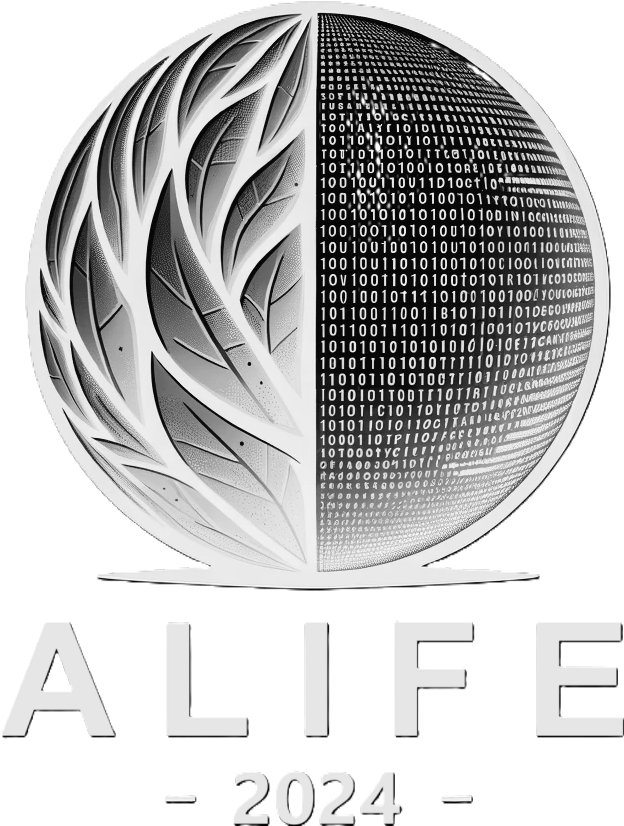ALIFE 2024 will showcase a wide range of topics in Artificial Life, bringing together world-leading researchers to discuss the latest advances in the synthesis and simulation of living systems. Topics of interest include, but are not limited to, the following aspects of Artificial Life:
- Complex dynamical systems and networks
- Artificial chemistry, origins of life, computational biology
- Synthetic biology, protocells, and wet artificial life
- Ecology and evolution
- Bio-inspired, cognitive and evolutionary robotics, swarms
- Artificial intelligence and machine learning
- Perception, cognition, behavior
- Social systems, artificial and alternative societies
- Evolution of language, computational linguistics
- Artificial Life-based art
- Artificial Life in education
The theme of ALIFE 2024 is “Exploring new frontiers”. Building on the ancient traditions of the Vikings to travel to new and strange lands and discover new cultures and traditions, we want to dedicate ALIFE 2024 to the weird and wacky of ALIFE. In particular in a time where academic research is under pressure to be more applied, we will instead dedicate ALIFE 2024 to celebrate the fundamental science of artificial life.
